Science Talk
With our Science Talk blog, we hope to lift the lid on the black box that is the ICR: to show you inside our labs, to introduce you to a few of the people here who make the discoveries, and to allow them to tell some of the stories behind the science. We try to put our discoveries in a wider scientific context, and give an idea of how our science is actually done. We also give you the view from the ICR of important developments in the wider world of cancer research.
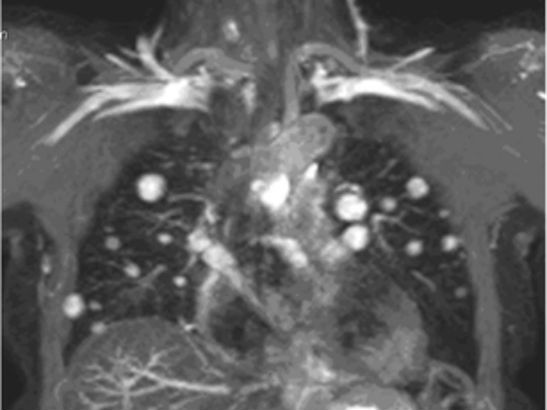
How three generations of precision medicine are transforming lung cancer
Lung cancer is the biggest killer in cancer, but treatments targeting specific mutations are now offering patients a lifeline, and displaying the power of precision medicine.

Picking out the year's 10 most exciting discoveries in cancer research
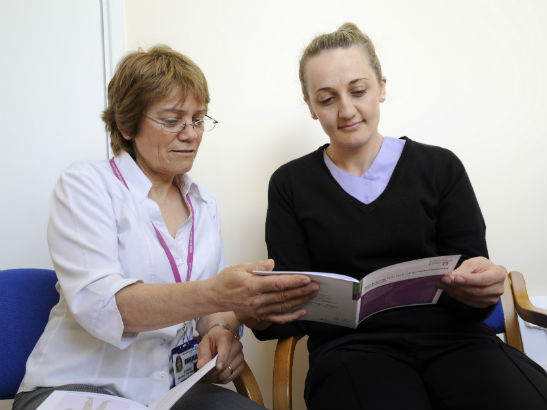
ICR research takes a step closer to patients as olaparib is assessed for NHS
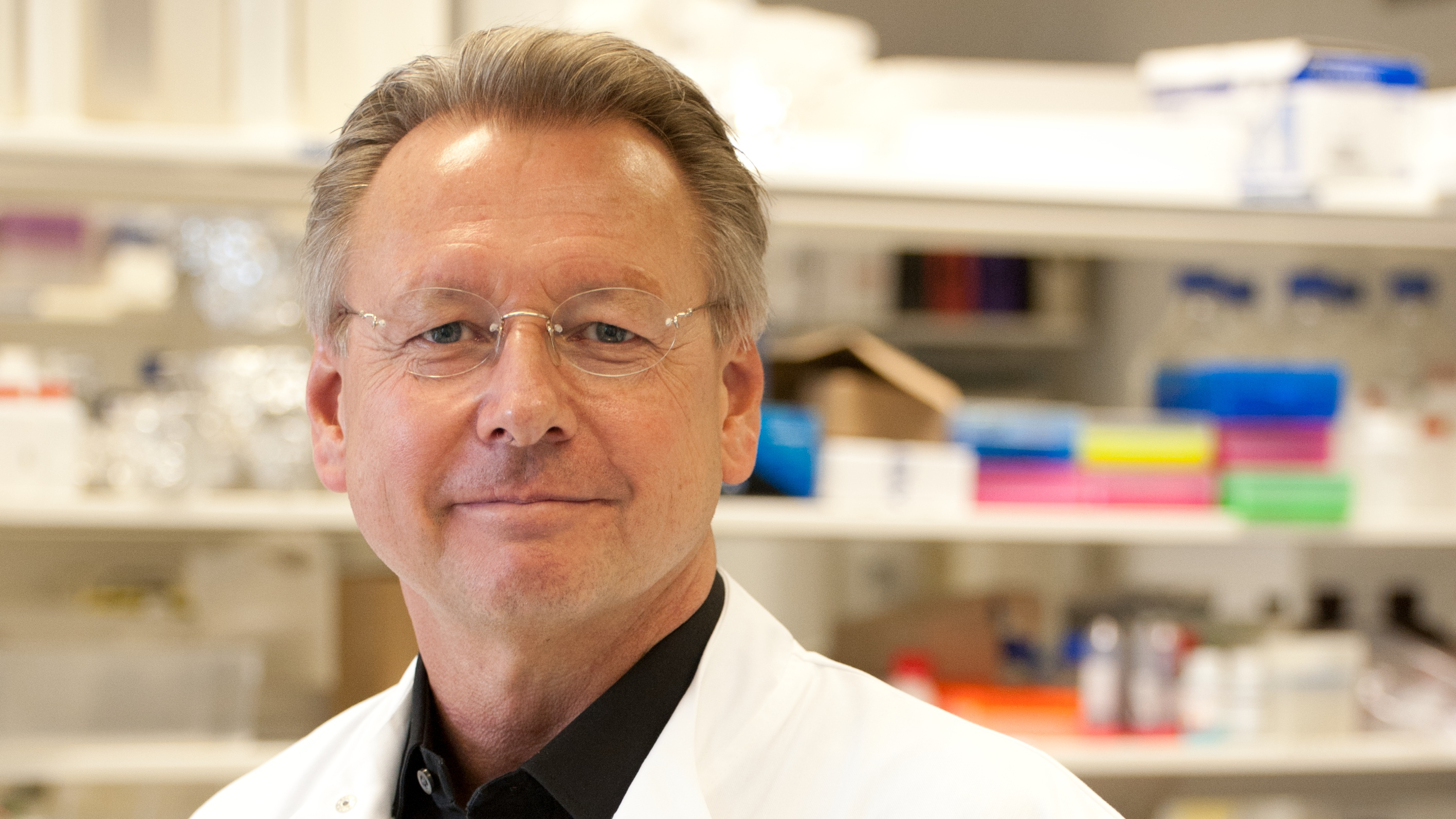
“Three solutions to cancer’s drug resistance” – Professor Paul Workman visits China
Professor Paul Workman, Interim Chief Executive of The Institute of Cancer Research, London, took a global perspective on cancer in a high-profile talk this week.

Day three at the UK’s biggest cancer conference: clinical trials, metabolomics, and targeted therapies
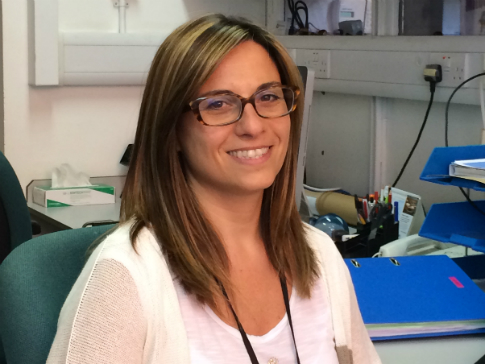
Finding the right target for liver cancer treatment

Where are we going with patient care, genomics and targeted therapies?

Buzz as UK’s biggest cancer conference gets underway
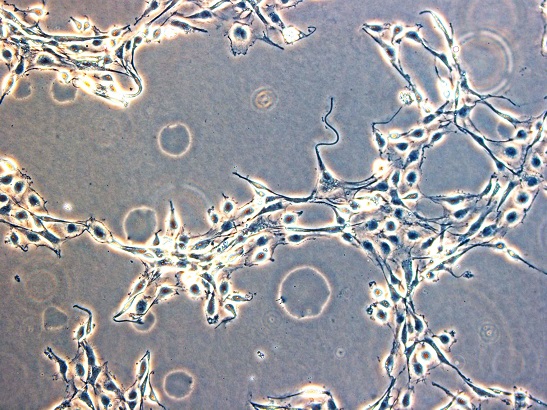
Goodbye flat biology

ICR researchers to present on topics from evolution to imaging at UK’s biggest cancer conference

Smoke signals – tracking cancer through the metabolic signatures it gives off
Cancer cells display many different characteristics to normal tissue. Research from a new ICR team leader could use cancer’s unique metabolism to diagnose and treat the disease.
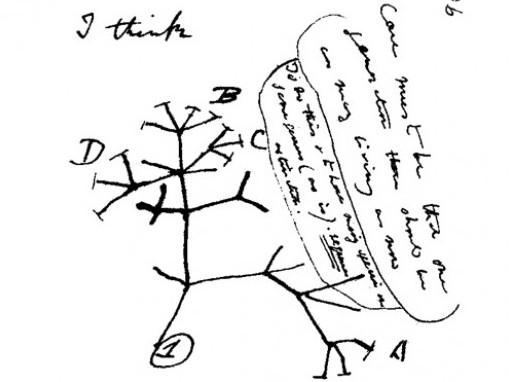
How to beat cancer at the evolution game
The evolution of cancer cells can cause tumours to become resistant to treatment – which is why we need to get smart to fight them effectively.
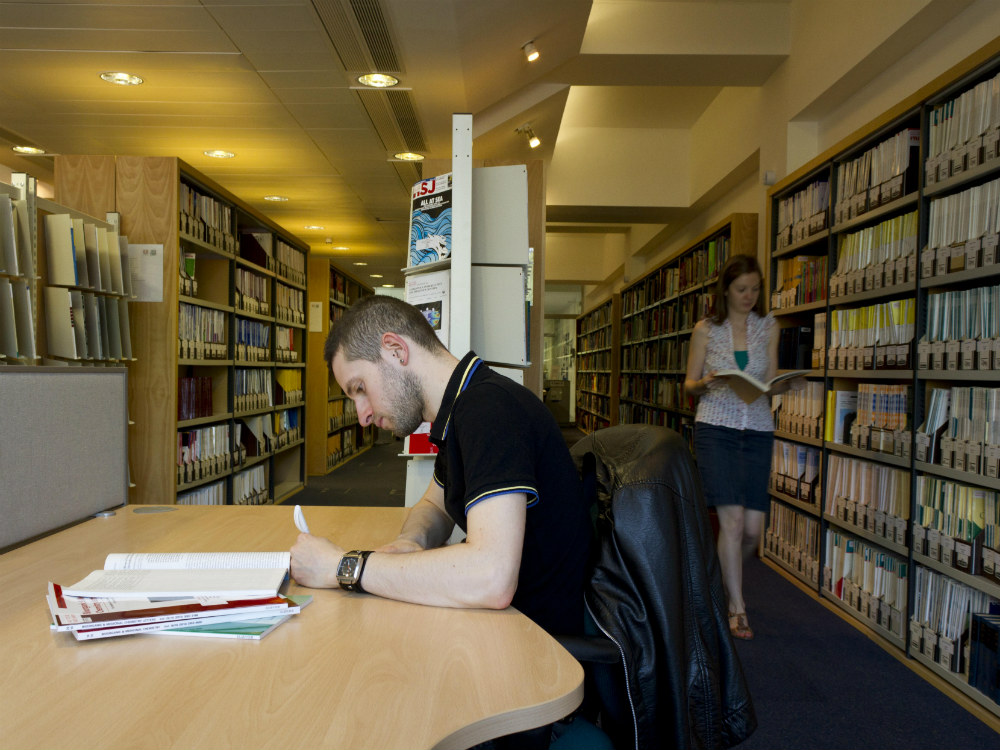
Our international mix of PhD students learn at the front line of cancer research
The ICR is currently recruiting for a range of fully funded four-year PhD studentships. Read about how our PhD students contribute to our cutting-edge research and why the ICR is a great place to study.

European Commission misses a chance to open a pipeline of cancer drugs to children
The ICR has been campaigning for changes to the EU Paediatric Regulation, which we believe could make a real difference to the number of new cancer drugs which enter clinical trials in children. Here we look at a missed opportunity for change.

NICE pauses abiraterone decision for further price discussions
After first deciding to block earlier use of prostate cancer drug abiraterone, NICE has now suspended its appraisal, allowing more discussion on the price. Here Dr Eva Sharpe summarises what is new.
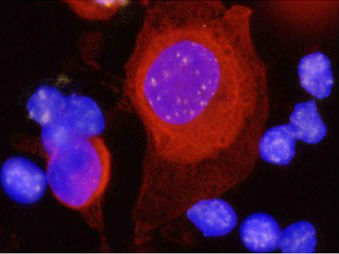
An update on Movember’s London Centre of Excellence for Prostate Cancer
Our researchers spoke at the launch of Movember's London Centre of Excellence for Prostate Cancer. We talk about how the new centre is helping to drive new treatments for prostate cancer.

Tracing a new treatment for skin cancer to its roots in ICR science
NICE has approved the skin cancer drug dabrafenib for use on the NHS. Much of the work characterising the function of the mutant protein it targets was carried out at the ICR and here we talk about the story of the research behind BRAF inhibitors.

Celebrating the ICR’s discoveries… from the thymus gland to molecular medicine
We've launched a new project looking at the ICR’s greatest ever discoveries. Here we give more detail about some of our biggest achievements, how the discoveries were made, and why they have made such an impact on cancer research.

Doing cancer research – In pictures
Dr Chris Bakal, head of the Dynamical Cell Systems Team at the ICR, has taken these stunning cells images to investigate the Endoplasmic Reticulum (ER), the factory in cells that makes the building blocks they need to grow.
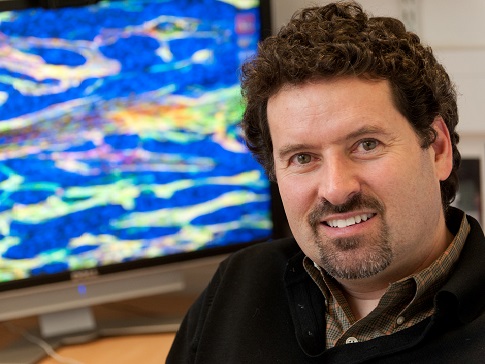
The babies who cure themselves of cancer
Neuroblastoma can be a devastating childhood cancer, usually treated with chemotherapy but in many cases unresponsive to current treatments. Yet some babies are able to fight off the disease without medical help, even after it has spread. This incredible phenomenon sheds light on how our own immune systems protect us from cancer and might be supported by new therapies.